
You can trial content translation (version two!) right now
On International Translation Day, we are opening up early access to version two of the content translation tool, which simplifies the process of translating Wikipedia articles for Wikimedia’s volunteer translators. First released in January 2015, more than 350,000 Wikipedia articles have been created using the tool. Content translation’s second version, previewed last April, is a….

Amazon makes $1 million gift to support the future of free knowledge
Today, we’re excited to announce that Amazon, the world’s largest online retailer and creator of such devices as the Kindle and Alexa, has made a $1 million gift to the Wikimedia Endowment, a permanent fund dedicated to ensuring the long-term sustainability of Wikipedia and the other Wikimedia free knowledge projects. Ever since its creation, Wikipedia….
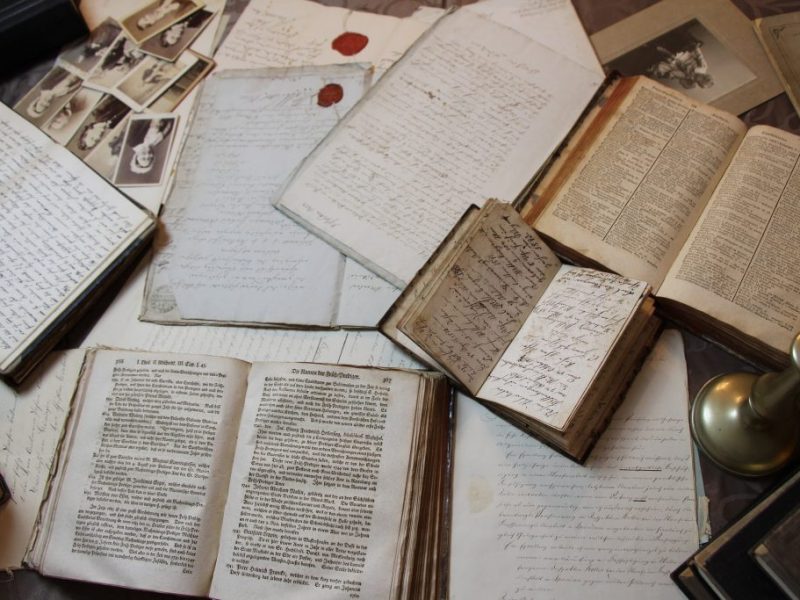
For these academic journals, Wikipedia isn’t a bug—it’s a feature
Wikimedia, especially Wikipedia, hasn’t always had the best of relationships with academia. So you may be surprised to learn that there’s a trio of Wikimedia academic journals that are now accepting submissions: the WikiJournal of Medicine, Science, and Humanities. All are run on a traditional academic journal model, including an extensive peer review process by….
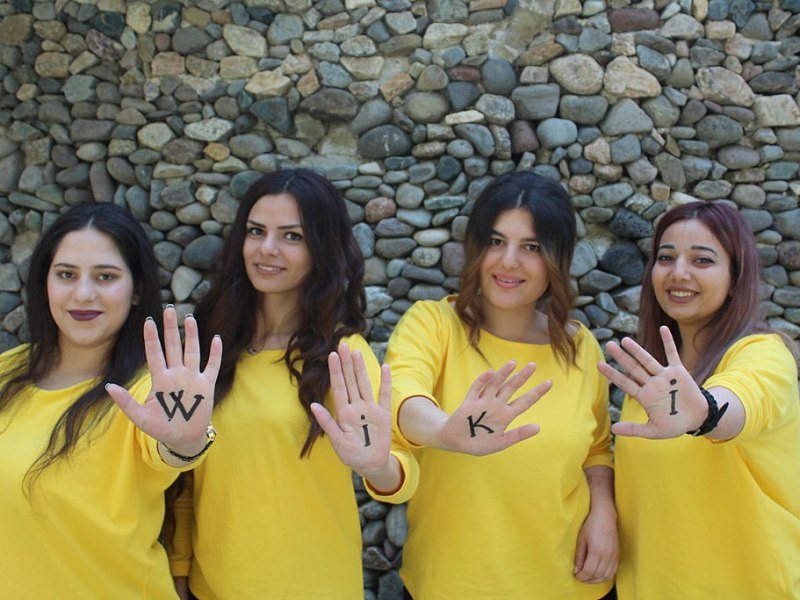
Wikimedia Foundation releases gender equity report
In April 2017, the Wikimedia Foundation’s Community Resources team launched the Gender Diversity Mapping Project to gather feedback from Wikimedians at the forefront of gender equity efforts in the Wikimedia movement. Our plan was to identify active movement leaders and document what they have learned from their work so far. We had three goals in….
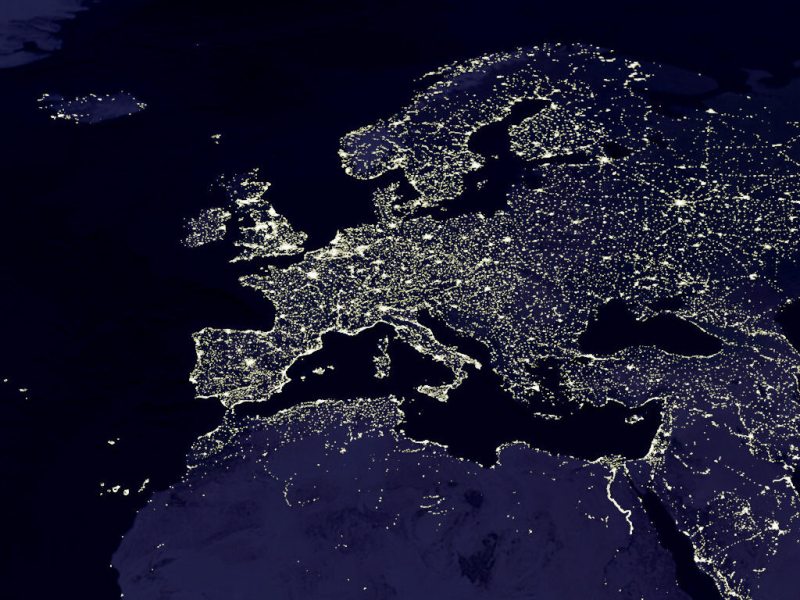
EU copyright vote leaves the future of online participation uncertain
The European Parliament’s September 12 vote on the proposed Copyright Directive was a missed opportunity to improve copyright, after many years of discussion: Two years ago, the European Commission set out to modernize copyright laws across the EU with a flawed proposal with potential to improve. This proposal was referred to several committees in the….
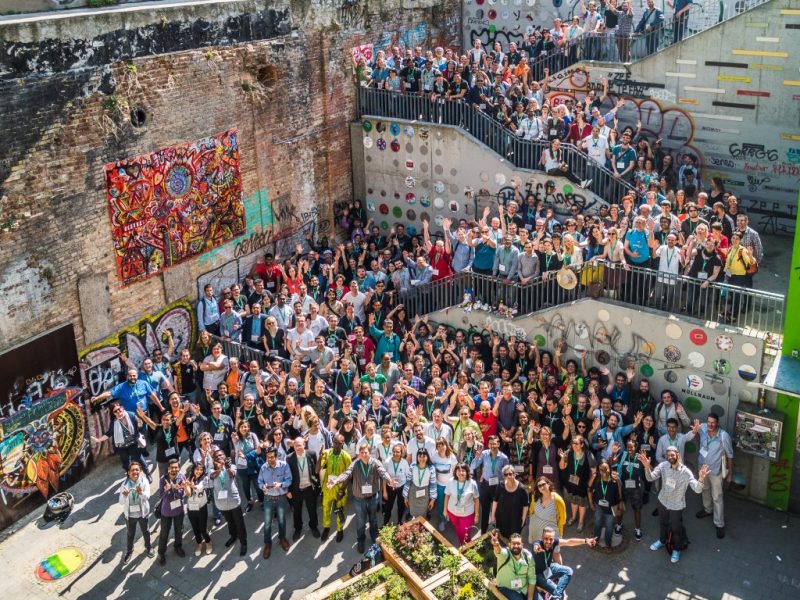
What we learned from surveying 4,000 members of the Wikipedia and Wikimedia communities
Each year, the Wikimedia Foundation surveys the volunteer communities who edit Wikimedia sites for their input on a variety of topics that, in turn, help Foundation staff make decisions about how to support these communities. In April 2018, over 4,000 Wikimedia community members, answered up to 50 questions about their experiences working on the Wikimedia….
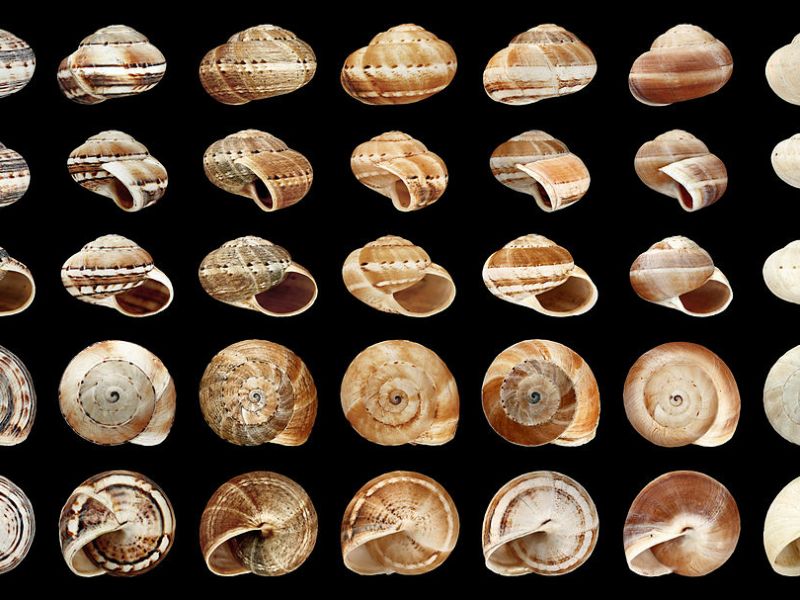
The anatomy of search: Variation under nature
A galloping overview Let’s first get a bird’s-eye view of the parts of the search process: text comes in and gets processed and stored in a database (called an index); a user submits a query; documents that match the query are retrieved from the index, ranked based on how well they match the query, and….

Why Wikipedia has an article on Doria Ragland, mother of Meghan Markle
Last May, Prince Harry, fifth in line to the British throne, married Meghan Markle, an American actress and activist. The event captivated millions upon millions of people for several weeks, and many of them journeyed to Wikipedia to read the encyclopedia’s curated content about the British monarchy, the wedding plans, and the people involved. Unfortunately,….

Introducing global preferences across Wikimedia wikis
There are a lot of Wikimedia wikis. Wikipedia is the best-known of them all, but there’s also Commons, Wikiquote, Wikisource, Wiktionary, and more. Also, each of these sites is available in multiple languages. Wikipedia, for example, has nearly 300 language editions. The newest launched just this week. Until this month, each wiki and language version….

Your internet is under threat. Here’s why you should care about European Copyright Reform.
You can also read this post in Spanish and in French. Back in 2001, the European Parliament came together to pass regulations and set up copyright laws for the internet, a technology that was just finding its footing after the dot com boom and bust. Wikipedia had just been born, and there were 29 million websites. No one….